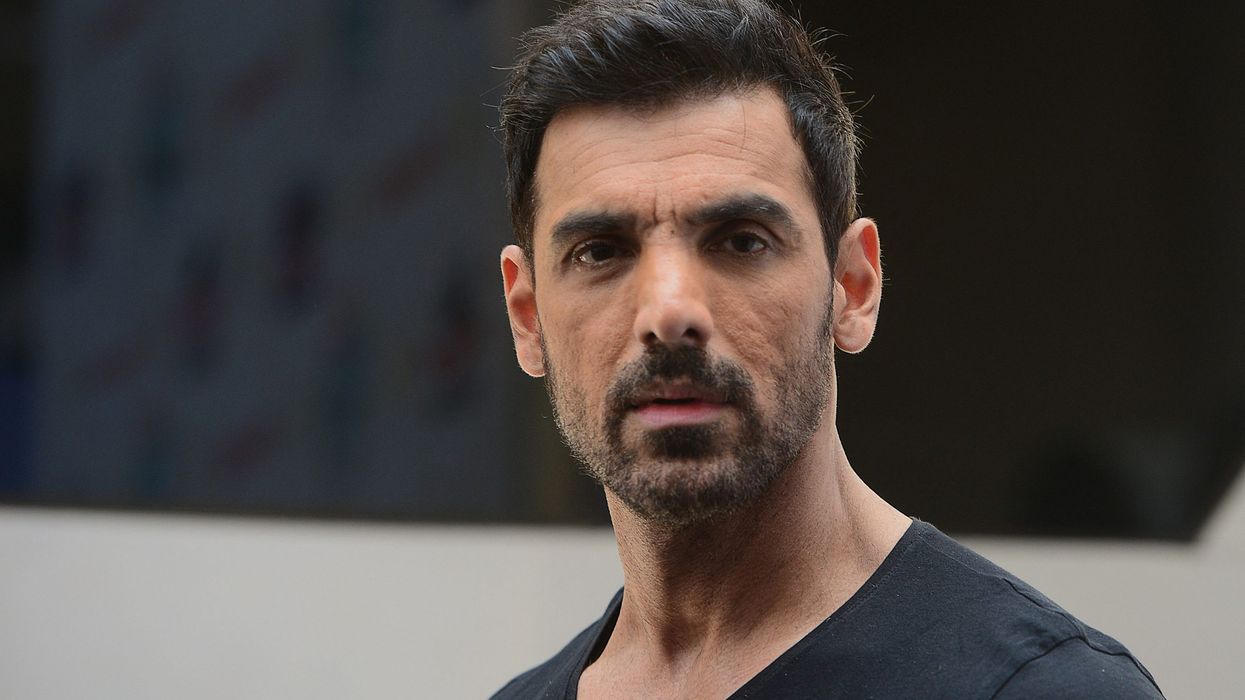John Abraham says he is inundated with messages for the suave portrayal of Jim in the blockbuster film Pathaan and the Bollywood star hopes the anti-hero gets a new lease of life in another movie.
Pathaan, the fourth film in Yash Raj Films' spy universe, saw John as Jim, a former Indian intelligence agent gone rogue who plans a debilitating attack on Indian soil and faces off against the titular spy (played by Shah Rukh Khan).
The 50-year-old actor said he wanted to do justice to his character right from the day he heard the script of "Pathaan", directed by Siddharth Anand. Sridhar Raghavan and Abbas Tyrewala have written the screenplay and dialogues for the movie.
"I’m astounded by the number of messages I’m getting daily on my social media about how there should be a prequel to Jim. When people almost always root for the hero, and that hero is Shah Rukh Khan in 'Pathaan', it is hugely gratifying that people are rooting for the anti-hero too! "I’m fortunate that my work in 'Pathaan' has spoken loudly and hopefully, I have managed to give people an anti-hero that they will always remember. That was my intent when I heard 'Pathaan'," John said in a statement.
Terming Jim as a "refreshingly suave villain", the actor said the character was well etched by the creators gave the audience a peek into why he became what he became.
"Imagine the pain he endured, imagine the hurt that broke him and turned him into the man he became," he added.
John said he would grab the opportunity with both hands if producer Aditya Chopra would like him to reprise the role of Jim in future.
"To me, Jim was a very powerful character and yes, it would be great if Aditya Chopra wants to bring him back and tell the world how good a super-spy he was and how he became a ruthless mercenary later...
"So, there could be lots to explore if a film is made on Jim. I don’t know what Aditya Chopra has in mind. As of now, I’m relishing the love that’s coming my way and I’m thankful that I have entertained people thoroughly,” he said.
"Pathaan" has crossed the Rs 800 crore-mark in global gross box office collections since its release on January 25. The film also stars Deepika Padukone, Dimple Kapadia, and Ashutosh Rana with Salman Khan in an extended cameo.
(PTI)




